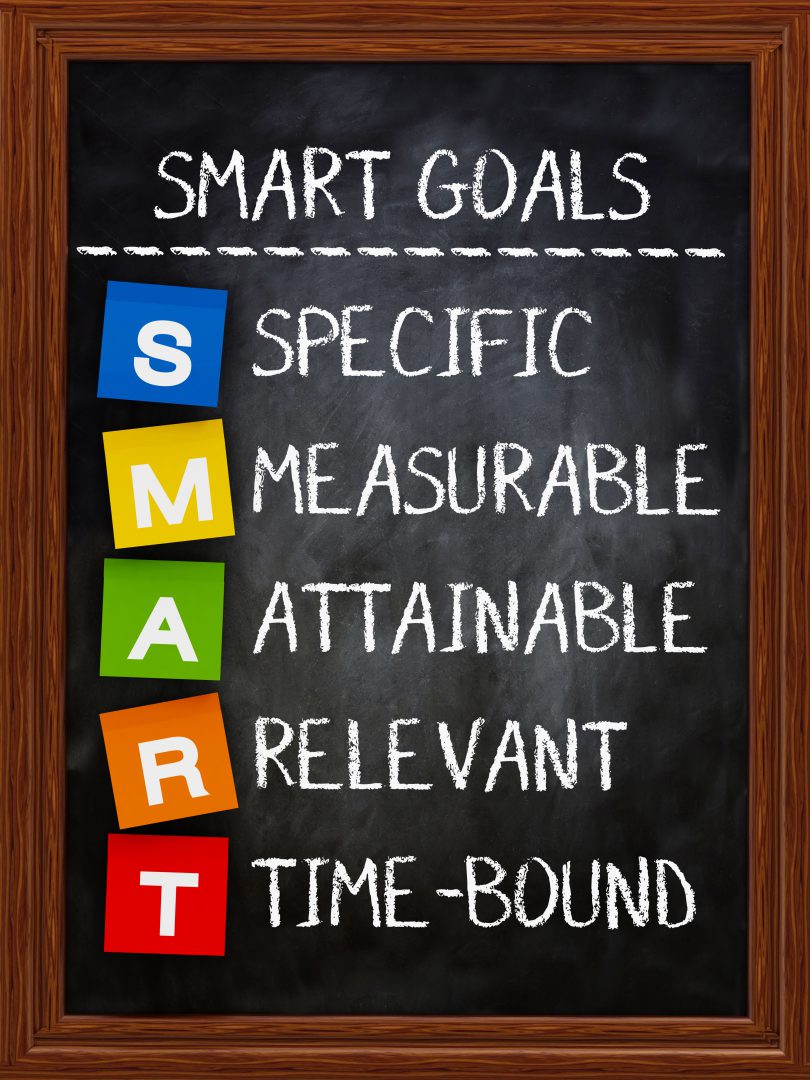There are people who make a living telling athletes to set goals as a way to succeed. Don’t believe us, just type “goals for athletes” into a google search and see what turns up. As an athlete, having goals can make a big difference, but not all goals are alike. For example, a goal to “get more wins next season” isn’t likely to help you do that. So how do you make goals that really matter?
Goals that matter must help you see where you want to go and how far you’ve come. They need to be real and relevant, they need to be challenging, and they need to come from YOU. Your personal goals also need to be paired with quality standards that will help you reach them.
If you really want to improve your skills, you should to use a mix of process goals and performance goals. Process goals are about the work you need to do to improve your performance. For example, you might have a goal about working more often on changing your release point. Performance goals are about the changes you want to see in your skill level. For example, you might have a goal to change the percentage of first pitch strikes that you throw.
While you might want to set outcome goals (like getting 10 wins in the season), baseball is a team sport and lots of things can happen during a game that you have no control over. So, you might get those first pitch strikes and strike out 10 but still lose the game. Outcomes are important but when you set goals, you need to focus on the parts of the game that you can control.
When you are setting process or performance goals, you want them to be SMART goals. SMART stands for specific, measurable, attainable, relevant, and time-limited. The measurable aspect of SMART goals is incredibly important, but being measurable only matters if you make sure you take the time to do the measurements and track the data. This is the key to making sure your process is the right one and your goals are making you a better player. You’ve probably been hearing lots about data-driven approaches to baseball training. If you set your goals up the right way, you will have valuable information you can use to improve your training and reach bigger goals the next time around.
A SMART process goal might look like this:
I will work on my new release point by doing three successful sets of 10 reps of drills X,Y,Z after practice for at least 3 days per week for the next 6 weeks.
For process goals to have a positive impact, you must hold yourself to a standard or quality of work that will allow you to make incremental gains and improve towards your goal. You’ll notice in the example above that the quality of the drills, or standard of success that the pitcher holds himself to, is an important factor in improvement, not simply going through the motions.
A SMART performance goal might look like this:
By the end of the summer, I will get a bunt down to advance the runner 7 out of 10 tries.
Most coaches will tell you that you should write down your goals and put them up where you will see them every day. That way, you’ll be reminded about what you are trying to do and the standards you must meet each day to make reaching the goals a reality. Goals can keep you going in the right direction even when you’re busy, tired, or distracted.
Goals that matter are realistic but not easy for you to achieve. As athletes, most things that matter to us take work and you want to make sure you push yourself. Of course, impossible goals don’t help anyone. If you’re not sure if your goals are realistic, talk to your coach to see if you’re on the right track. But remember, to really matter, your goals need to come from you. Or, at the very least, you have to completely agree with any goals that your coach has set for you or your team. Goals that matter work from the inside out.
Get to work!







